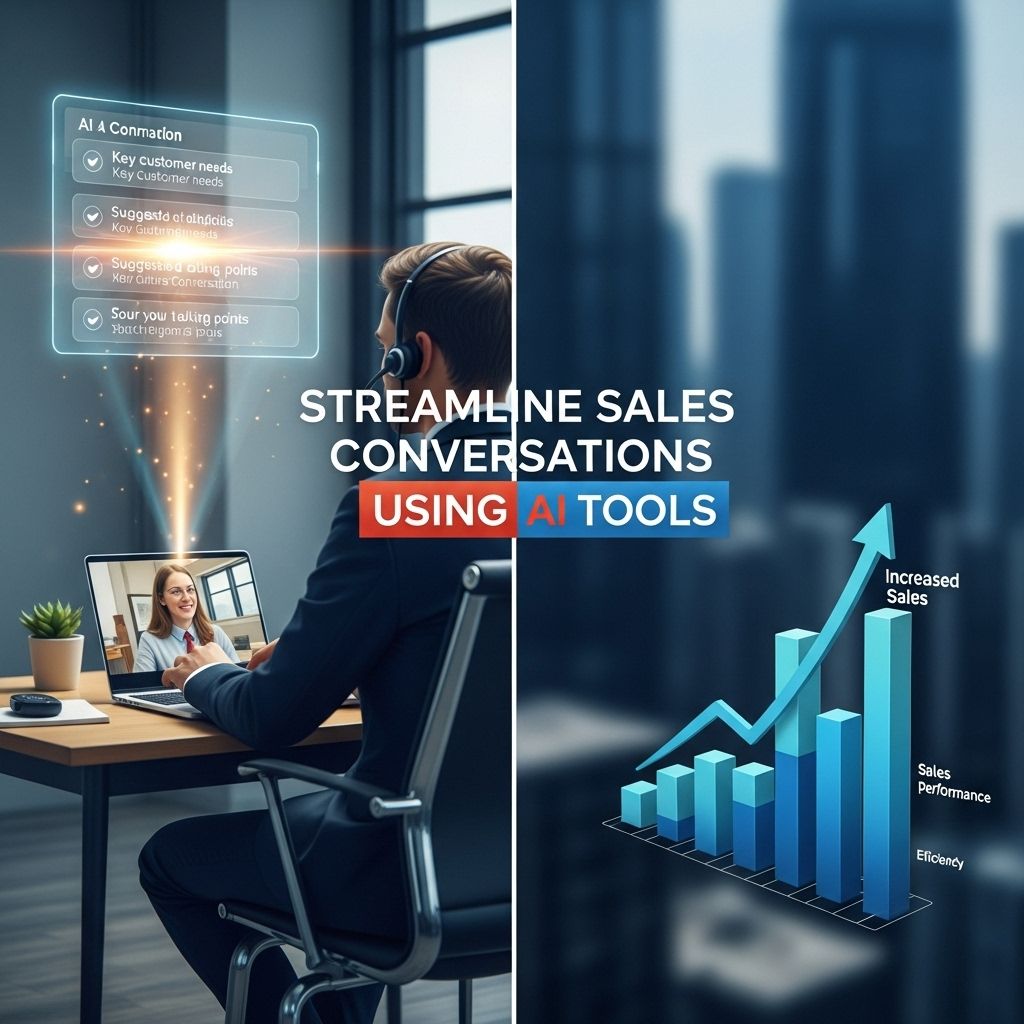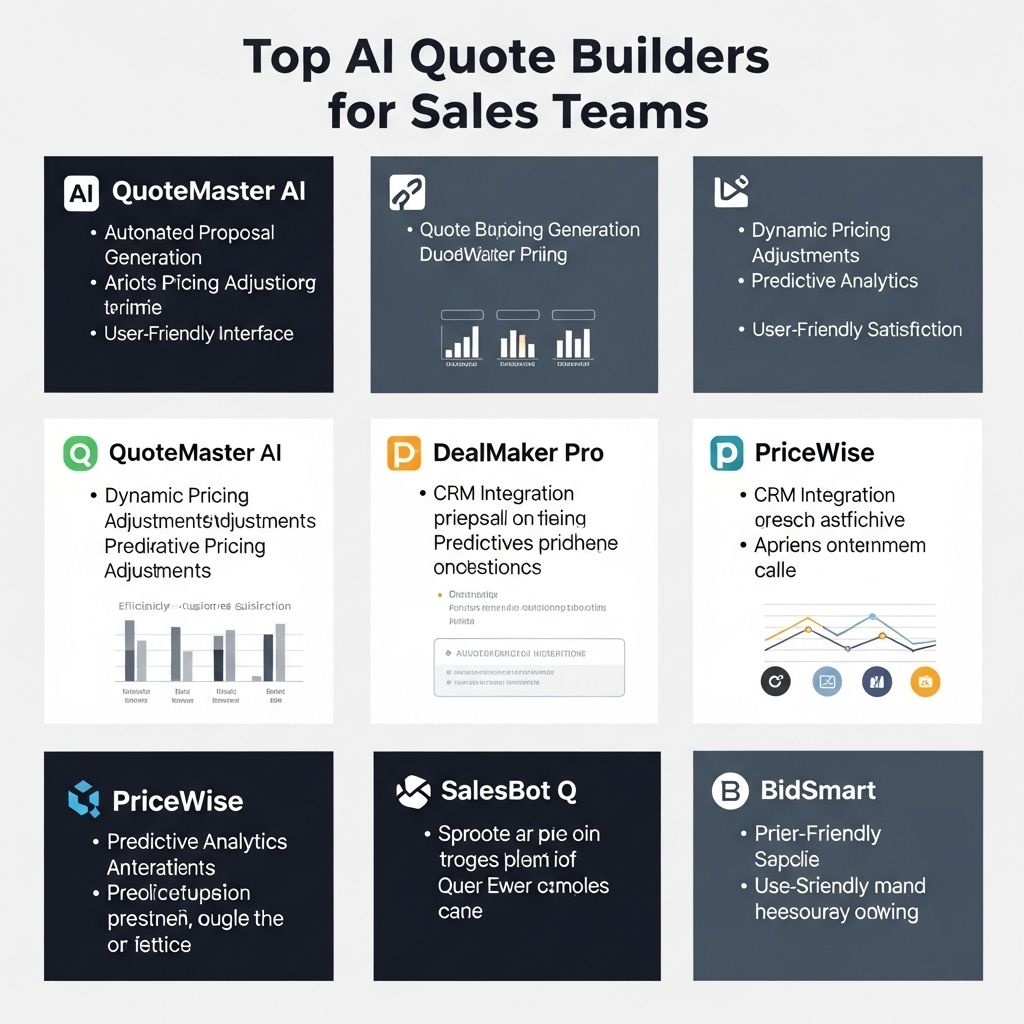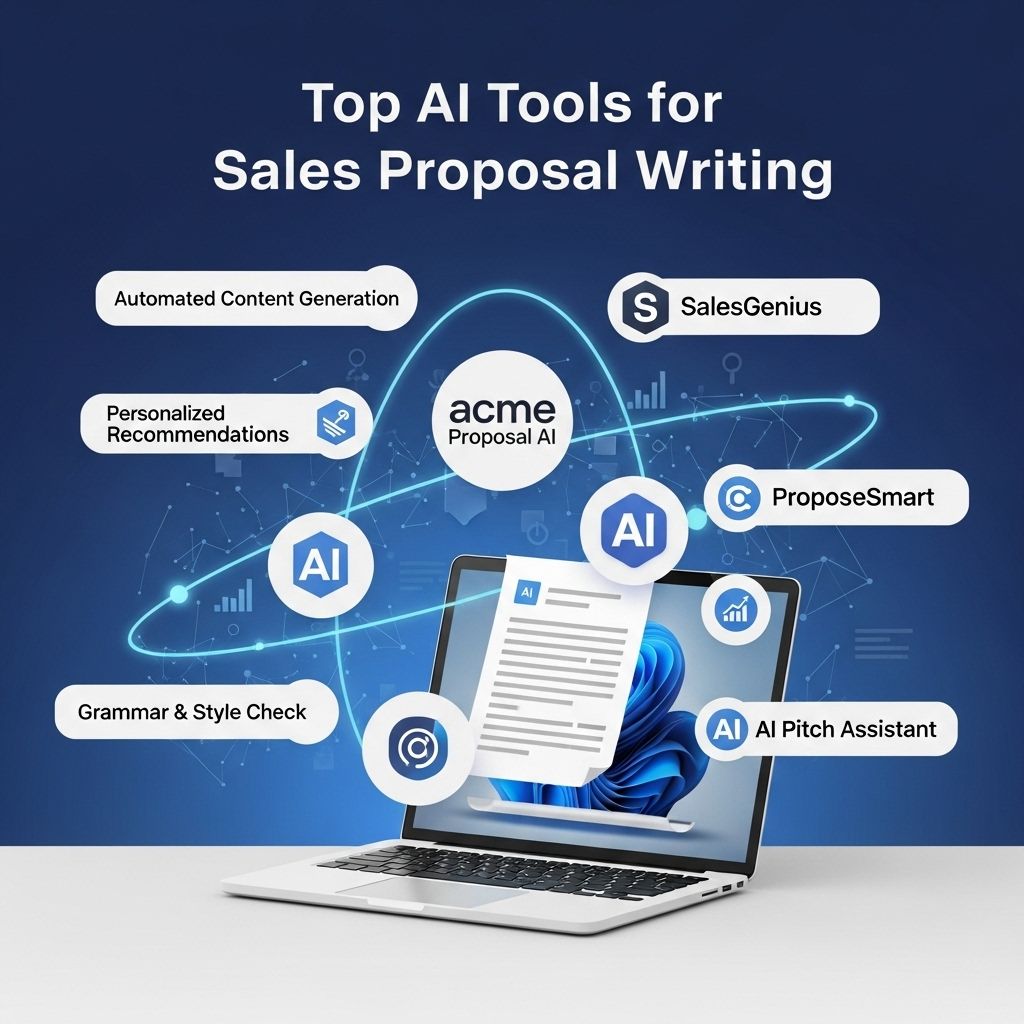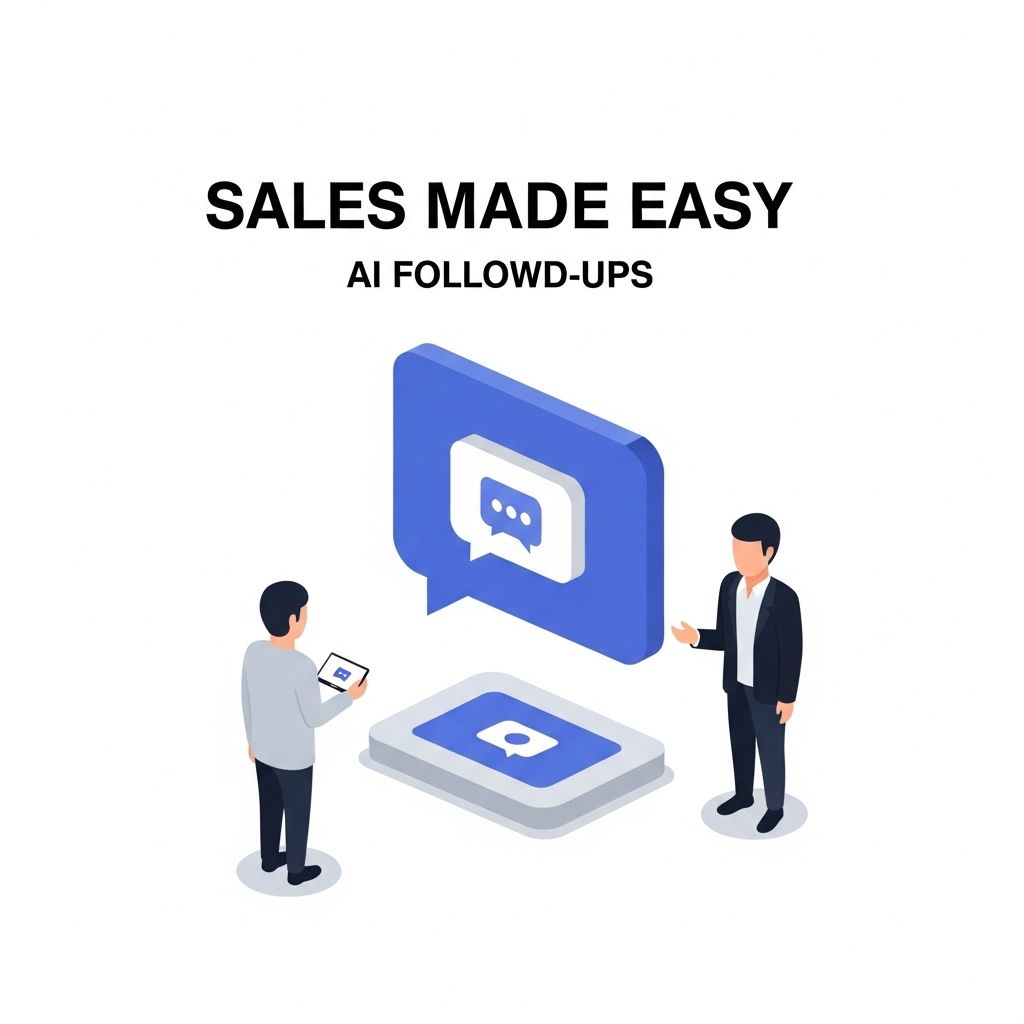AI-Powered Proposal Writers: Revolutionizing Sales Strategies
Discover how AI-powered proposal writers are transforming sales strategies and boosting success rates in the competitive market landscape.

In the fast-paced world of sales, professionals are always on the lookout for tools that can enhance productivity and improve outcomes. As businesses strive for efficiency and effectiveness, artificial intelligence (AI) has emerged as a game-changer in the proposal writing process. AI-powered proposal writers not only streamline the creation of proposals but also help in tailoring them to meet client needs. This article explores the capabilities of AI in proposal writing and its transformative impact on the sales domain.
Table of Contents
The Evolution of Proposal Writing
Proposal writing has historically been a labor-intensive process involving thorough research, drafting, and revisions. Traditionally, sales professionals would spend countless hours creating proposals, often resulting in inconsistencies and errors. As technology has advanced, the introduction of software tools has started to shift this paradigm.
Early Tools and Software
- Word processors: Basic document creation.
- Templates: Standardized formats to speed up the process.
- CRM systems: Integration of client data for personalized proposals.
While these early tools helped to some extent, they still required significant human intervention. The need for a more intelligent and responsive system became evident as businesses recognized the potential of AI.
Understanding AI in Proposal Writing
AI-powered proposal writers leverage machine learning algorithms and natural language processing (NLP) to create, modify, and optimize proposals with minimal human input. This technology analyzes data, learns from previous proposals, and creates content that resonates with the target audience.
Key Features of AI-Powered Proposal Writers
- Content Generation: Automatically generates text based on prompts and previous data.
- Customization: Tailors proposals to individual client needs and industry standards.
- Data Analysis: Analyzes previous successful proposals to suggest improvements.
- Collaboration: Facilitates real-time editing and input from multiple team members.
Benefits of Using AI for Proposal Writing
The integration of AI in the proposal writing process brings numerous advantages, including:
Increased Efficiency
AI significantly reduces the time required to draft proposals, allowing sales teams to focus on strategy and client interactions rather than administrative tasks.
Improved Accuracy
By minimizing human error and ensuring consistency, AI-generated proposals are often more accurate and aligned with company standards.
Enhanced Personalization
AI tools can analyze client data to tailor proposals specifically to potential clients, improving the chances of winning business.
Cost Savings
With reduced manual labor and streamlined processes, organizations can save on resources and allocate time and budgets to other critical areas.
Challenges to Consider
Despite the advantages, there are challenges associated with adopting AI-powered proposal writers:
High Initial Investment
Implementing advanced AI systems can require substantial upfront costs, which may be a barrier for some organizations.
Dependence on Data Quality
The effectiveness of AI tools heavily relies on the quality of the data they are trained on. Poor data can lead to subpar proposals.
Resistance to Change
Sales professionals may be hesitant to adopt new technologies due to fear of job displacement or a preference for traditional methods.
Implementing AI-Powered Proposal Writers
For organizations ready to embrace this technology, here are steps to effectively implement AI-powered proposal writers:
1. Assess Your Needs
Identify specific pain points within your current proposal writing process that AI could address.
2. Choose the Right Tool
Evaluate various AI proposal writing tools based on functionality, ease of use, and integration capabilities.
3. Train Your Team
Provide training sessions for your sales team to help them understand how to leverage AI tools effectively.
4. Monitor and Optimize
Continuously assess the performance of AI-generated proposals and refine processes as needed.
Case Studies: Success Stories
Several companies have successfully integrated AI into their proposal writing processes, showcasing the positive impacts of this technology:
| Company | Outcome | AI Tool Used |
|---|---|---|
| SalesForce | Reduced proposal creation time by 50% | Quip |
| HubSpot | Improved proposal acceptance rates by 30% | SmartDocs |
| PandaDoc | Streamlined collaboration among team members | PandaDoc AI |
Future Trends in AI-Powered Proposal Writing
As AI continues to evolve, we can expect several trends shaping the future of proposal writing:
Integration with Other Technologies
AI proposal writers will increasingly integrate with CRMs, marketing automation tools, and analytics platforms, creating a cohesive ecosystem for sales teams.
Predictive Analytics
Future AI tools will likely incorporate predictive analytics to forecast client needs and suggest proposal modifications before a proposal is even drafted.
Voice and Conversational Interfaces
As voice recognition technology advances, AI proposal writers may allow users to create and modify proposals through voice commands.
Conclusion
The rise of AI-powered proposal writers marks a significant shift in how sales teams operate. By harnessing the capabilities of AI, organizations can streamline their proposal processes, enhance client interactions, and ultimately drive better sales outcomes. As technology continues to evolve, embracing AI in proposal writing will not only keep businesses competitive but also set the stage for the future of sales.
FAQ
What are AI-powered proposal writers?
AI-powered proposal writers are software tools that use artificial intelligence to help businesses create, customize, and optimize sales proposals quickly and efficiently.
How can AI proposal writers improve sales processes?
AI proposal writers streamline the proposal creation process, reduce the time spent on writing, increase consistency, and enhance the personalization of proposals, leading to higher conversion rates.
What features should I look for in an AI proposal writer?
Key features to look for include template customization, integration with CRM systems, analytics and reporting capabilities, collaboration tools, and user-friendly interfaces.
Are AI proposal writers suitable for all industries?
Yes, AI proposal writers can be tailored to suit various industries, including technology, marketing, consulting, and more, making them versatile tools for any sales team.
How do AI proposal writers learn and improve over time?
AI proposal writers utilize machine learning algorithms to analyze past proposals and performance data, allowing them to adapt and improve their recommendations based on successful outcomes.
Can AI proposal writers help in personalizing proposals for clients?
Absolutely! AI proposal writers can analyze client data and preferences to create highly personalized proposals that resonate with potential customers.








